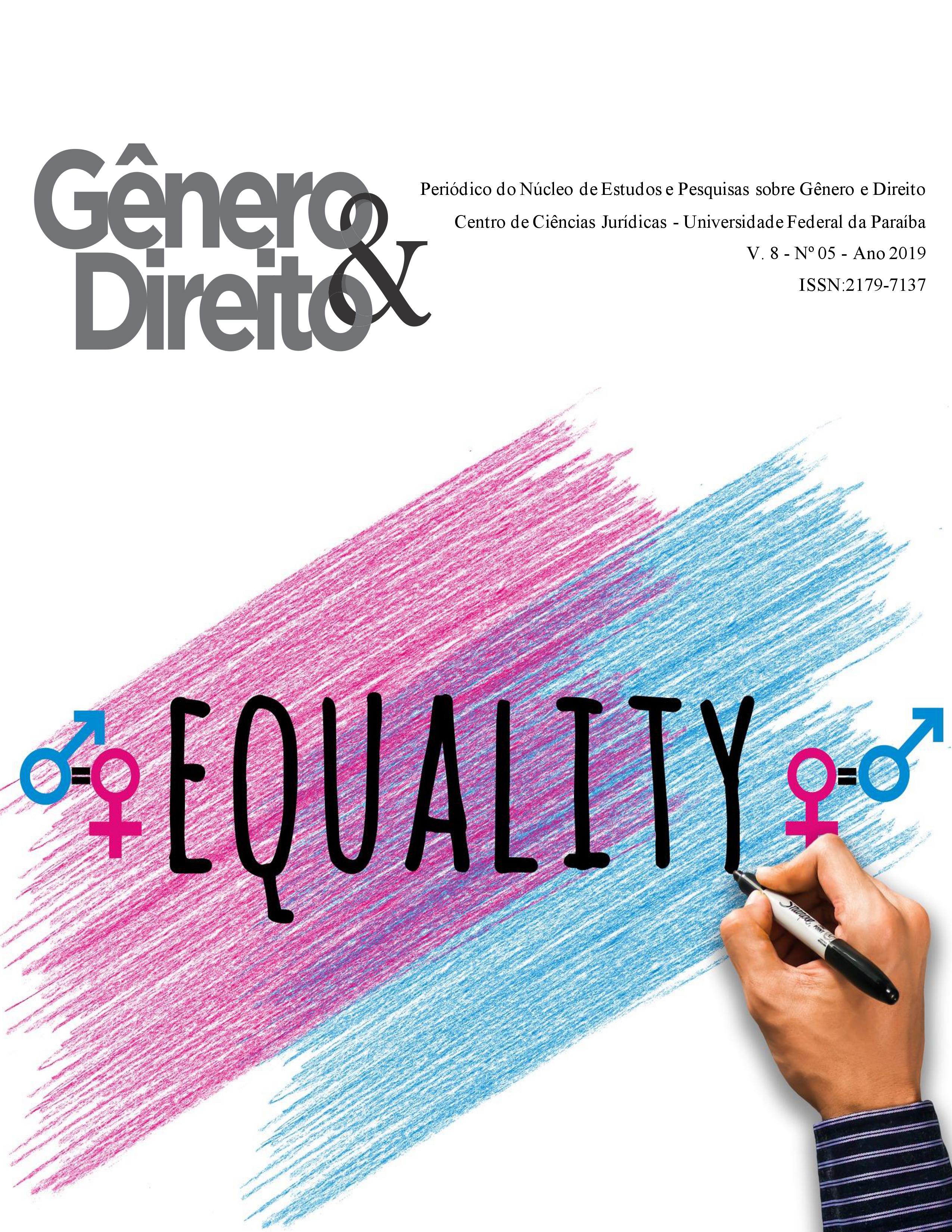A STUDY AND ANALYSIS OF THE EVOLUTIONARY COURSE OF PERSIAN LANGUAGE AND LITERATURE TEXTBOOKS IN IRANIAN SCHOOLS
DOI:
https://doi.org/10.22478/ufpb.2179-7137.2019v8n5.48667Palavras-chave:
Textbooks, Persian Literature, Islamic Revolution, Modern Needs, Intellectual and Linguistic RealmsResumo
Persian Language and Literature Textbooks The Ministry of Education is one of the widest audience and most influential media in transferring knowledge and skills to the next generation of the country and, given the large number of audiences, has a great role to play in student learning. As the science progresses, the mission of the authors of textbooks will be doubled. Persian language books with a new look will be the precursor of the modernist generation. These books must be in tune with the needs of their audience for dynamism. This essay analyzes and critiques the developments of Persian language textbooks and literature after the Islamic Revolution in the linguistic and intellectual realms, perhaps to pave the way for the authors to followDownloads
Não há dados estatísticos.
Referências
Ahmadinejad, Kamel (2014). Interview with Textbook Authors (2), Journal of Persian Language and Literature Department, Academy of Sciences, March 2014, No. 8.
Big Nejad, Sima (1979), "Persian Book and Writing Criticism (2)", Persian Language and Literature Quarterly, Fall 1977, No. 32.
Hamedi, Zahra (2015). Foundations of the Ideology of Sovereignty and its Influence on Textbooks in the Early Pahlavi Era, Iranian History Publishing.
Dolatabadi, Mahmood (2010). W , Writing, Tehran: Cheshmeh Publishing, Third Edition.
Zolfaghari, Hassan (2016). The Impact of Educational System Reform on Promotion of Persian Language and Literature, Journal of Persian Language and Literature Department, Academy of Sciences, February 2016, No. 30.
Shojaee, Mohsen (2012). "A Look at the Translation of Contemporary Persian Literary Grammar," Special Letter to the Academy (Grammar), Winter 2, no.
Safa, Parivash and Zahra Zandi Moghadam (2013). "Introducing and Criticizing the Book of Composite Sentences: Making Verbs", Special Issue of the Academy Letter (Grammar), Winter 2, no.
Safarpour, Abdol Rahman (2015). History of Textbooks in Iran from the Establishment of Dar-al-Fonoun to the Present, Journal of Persian Language and Literature Department, Academy of Sciences, July 2015, No. 11.
Taher Ahmadi, Mahmoud (2006). The Pioneers of Writing Textbooks of Persian Education in the Constitutional Age, Master Treasurer, Summer 2006, No. 62.
Qasemi, Pouya (1377). New Schools in the Qajar Period, Tehran: University Publication Center.
Mohammadi, Hadi and Zohreh Ghaini (2001). History of Iranian Children's Literature, Tehran, Chista Publishing.
Masoumi Hamadani (1996). Reading and Writing, Selected Articles in Knowledge Publishing, Tehran: Center for Publications.
Miller, Joseph Heilson (2004). What is Literature? Translated by: Soheil Sommii, Tehran, Phoenix.
Natel Khanlari, Parviz (2015). Teaching Persian Literature, Educational Bulletin of the Faculty of Persian Language and Literature, No. 9
Big Nejad, Sima (1979), "Persian Book and Writing Criticism (2)", Persian Language and Literature Quarterly, Fall 1977, No. 32.
Hamedi, Zahra (2015). Foundations of the Ideology of Sovereignty and its Influence on Textbooks in the Early Pahlavi Era, Iranian History Publishing.
Dolatabadi, Mahmood (2010). W , Writing, Tehran: Cheshmeh Publishing, Third Edition.
Zolfaghari, Hassan (2016). The Impact of Educational System Reform on Promotion of Persian Language and Literature, Journal of Persian Language and Literature Department, Academy of Sciences, February 2016, No. 30.
Shojaee, Mohsen (2012). "A Look at the Translation of Contemporary Persian Literary Grammar," Special Letter to the Academy (Grammar), Winter 2, no.
Safa, Parivash and Zahra Zandi Moghadam (2013). "Introducing and Criticizing the Book of Composite Sentences: Making Verbs", Special Issue of the Academy Letter (Grammar), Winter 2, no.
Safarpour, Abdol Rahman (2015). History of Textbooks in Iran from the Establishment of Dar-al-Fonoun to the Present, Journal of Persian Language and Literature Department, Academy of Sciences, July 2015, No. 11.
Taher Ahmadi, Mahmoud (2006). The Pioneers of Writing Textbooks of Persian Education in the Constitutional Age, Master Treasurer, Summer 2006, No. 62.
Qasemi, Pouya (1377). New Schools in the Qajar Period, Tehran: University Publication Center.
Mohammadi, Hadi and Zohreh Ghaini (2001). History of Iranian Children's Literature, Tehran, Chista Publishing.
Masoumi Hamadani (1996). Reading and Writing, Selected Articles in Knowledge Publishing, Tehran: Center for Publications.
Miller, Joseph Heilson (2004). What is Literature? Translated by: Soheil Sommii, Tehran, Phoenix.
Natel Khanlari, Parviz (2015). Teaching Persian Literature, Educational Bulletin of the Faculty of Persian Language and Literature, No. 9
Downloads
Publicado
2019-10-28
Como Citar
ESKANDARI, R. .; SARVAR YAGHOUBI, A. .; ALI VAFAIE, A. . A STUDY AND ANALYSIS OF THE EVOLUTIONARY COURSE OF PERSIAN LANGUAGE AND LITERATURE TEXTBOOKS IN IRANIAN SCHOOLS. Gênero & Direito, [S. l.], v. 8, n. 5, 2019. DOI: 10.22478/ufpb.2179-7137.2019v8n5.48667. Disponível em: https://periodicos.ufpb.br/index.php/ged/article/view/48667. Acesso em: 26 dez. 2024.
Edição
Seção
Seção Livre

